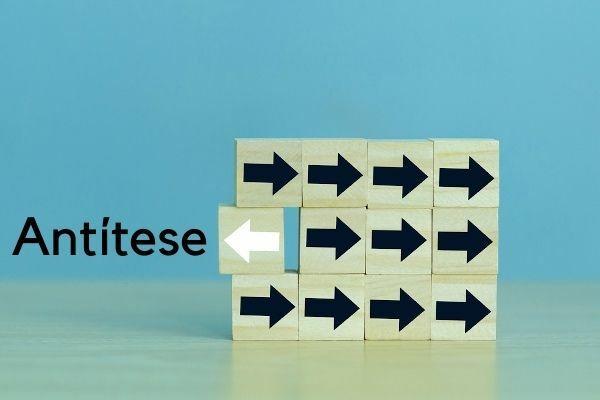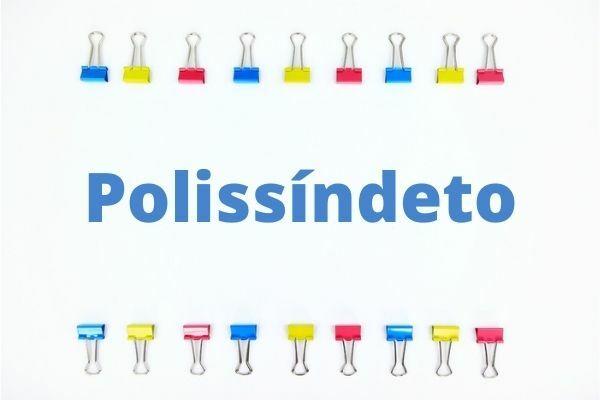When we talk about sound or harmony figures, we are referring specifically to figures of speech. But, after all, what are figures of speech? In order to understand them, it is necessary that we understand, first, the denotative and connotative meanings of words.
Denotative sense is directly related to the literal, conventional sense, the one consistent with the meaning prescribed by the dictionary. Thus, when we say that “the vegetation was destroyed by fire”, we infer that “fire” refers to the original meaning. The connotative sense, on the other hand, refers to the one that deviates from the conventional, that is, the one that allows multiple interpretations, giving vent to the subjective instinct of the interpreter. Therefore, when faced with the phrase “love is a fire that burns without being seen”, we refer to such a situation.
Armed with this perception, we are now led to understand the "figures of speech", which deal with the various resources used by the sender, whose objective is to enhance the message, to give it an emphatic character - which is why they are very present in the Literature.
Specifically, we will emphasize the so-called sound figures, whose effects are aimed at the repetition of sounds, as, by example, the repetition of a vowel or a consonant, or when the intention is to imitate the sounds produced by things or beings. Therefore, these figures are subdivided into:
Alliteration
Figure that consists of the repetition of consonants, whose intention is to promote the intensification of the rhythm or produce a significant sound effect. Let's look at an example:
guitars that cry
[...]
Veiled voices, velvety voices,
Volupts of guitars, veiled voices,
wander in the old fast vortexes
From the winds, alive, vain, vulcanized.
[...]
Cruz e Souza
Do not stop now... There's more after the advertising ;)
We found that the repetition of the sound phoneme /v/ reminds us of the idea related to the whisper of the wind.
Assonance
This figure is characterized by the repetition of vowel sounds in stressed syllables of different words or those contained in the same sentence, whose purpose is to provoke style effects. Let's see some examples:
Antiphon
Ó white, white shapes, clear shapes
Moonlight, snow, fog!
O Vague, fluid, crystalline forms...
Cruz e Souza
We notice that the vowels “o”, “a” and “e” are constantly repeated in all verses.
In this example, we can see the combination of both figures (assonance and alliteration).
Watch:
A dream
In the mess, which goes crazy, the fete trembles...
The sun, celestial sunflower, fades...
And the singsongs of serene soothing sounds
They escape fluidly, flowing the fine flower of the hays...
[...]
Eugene de Castro
Paronomasia
It is characterized by the reproduction of similar sounds in words with different meanings. Here are some examples:
that captive
that captive
that has me captive,
because in it I live
he no longer wants you to live.
[...]
Luís de Camões
Anything
[...]
scream through the landfill
by exile
scream for your scream
by your mistake
[...]
Caetano Veloso
Onomatopoeia
It consists of using a word or a group of words in order to imitate the sounds of reality. Let us therefore verify:
triumphant ode
In the painful light of the factory's large electric lamps
I have a fever and I write.
I write gritting my teeth, beast for the beauty of it,
For the beauty of it totally unknown to the ancients.
O wheels, O gears, r-r-r-r-r-r eternal!
[...]
Álvaro de Campos – heteronym of Fernando Pessoa
By Vânia Duarte
Graduated in Letters



